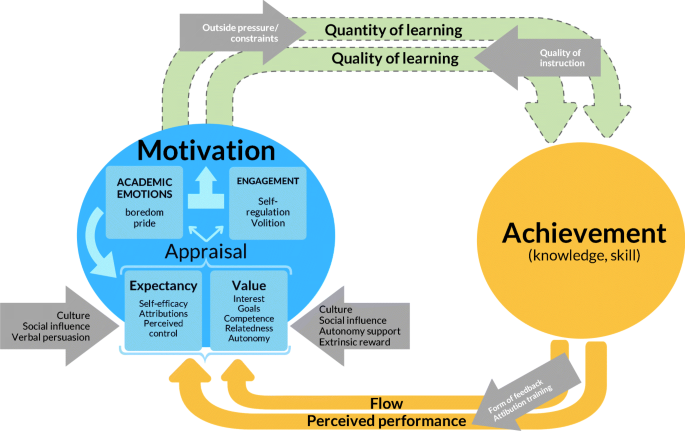What does the theory of motivation and achievement say in consumer behavior?
Consumer behavior isn't explained by a single "theory of motivation and achievement," but rather a mosaic of different theories that shed light on different aspects. Here are some key perspectives:
Needs-Based Theories:
- Maslow's Hierarchy of Needs: This classic theory postulates a pyramid of needs, from basic physiological needs (food, water) to higher-order needs like esteem and self-actualization. Consumers are motivated to buy products that fulfill these needs, potentially moving up the hierarchy as lower needs are met.
- McClelland's Theory of Needs: This theory identifies three core needs: achievement, affiliation, and power. Consumers might buy products to showcase their achievements (luxury cars), feel connected to a group (sports team merchandise), or exert power (high-end technology).
Goal-Oriented Theories:
- Expectancy Theory: This theory suggests that consumers choose products based on the expectation of achieving their desired outcome. The perceived effort, likelihood of success, and value of the outcome all play a role.
- Goal Setting Theory: Setting specific, challenging yet achievable goals can motivate consumers to purchase products that help them reach those goals (e.g., fitness equipment, language learning apps).
Psychological Theories:
- Self-Determination Theory: This theory emphasizes the importance of autonomy, competence, and relatedness in motivation. Consumers are more likely to engage with products that offer a sense of choice, mastery, and social connection.
- Attribution Theory: How consumers explain their successes and failures influences their future behavior. Positive attributions about ability can lead to increased motivation to purchase related products.
Other Relevant Theories:
- Social Identity Theory: Consumers connect with brands that reflect their desired social identity, motivating purchases that reinforce that identity.
- Social Comparison Theory: Consumers compare themselves to others, potentially motivating purchases to achieve similar status or outdo peers.
Remember, these are just a few examples, and any individual's buying decision is likely influenced by a complex interplay of multiple factors. Understanding these theories can help marketers craft messages and develop products that resonate with consumers' deep-seated motivations and desires.
Do you have a specific type of consumer behavior or product category in mind that you'd like to explore further?

Comments
Post a Comment
Thanks